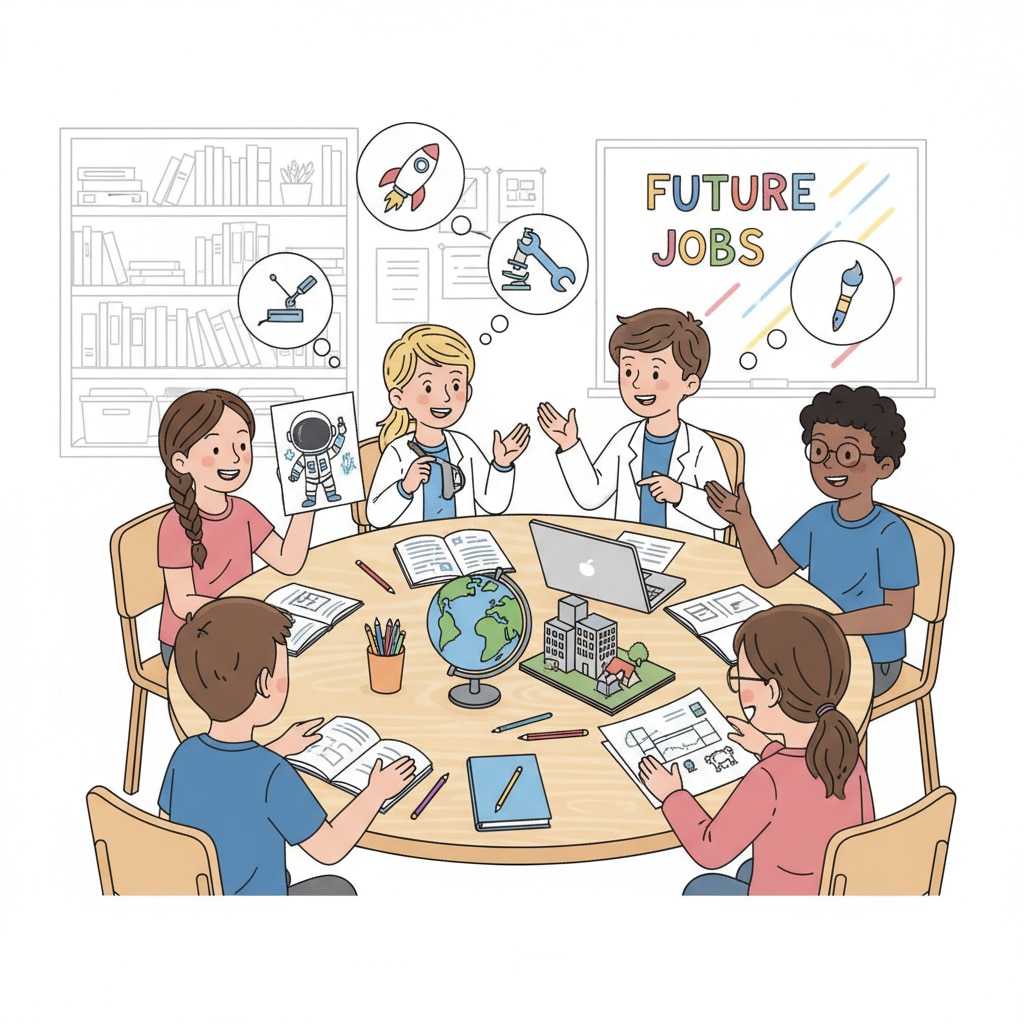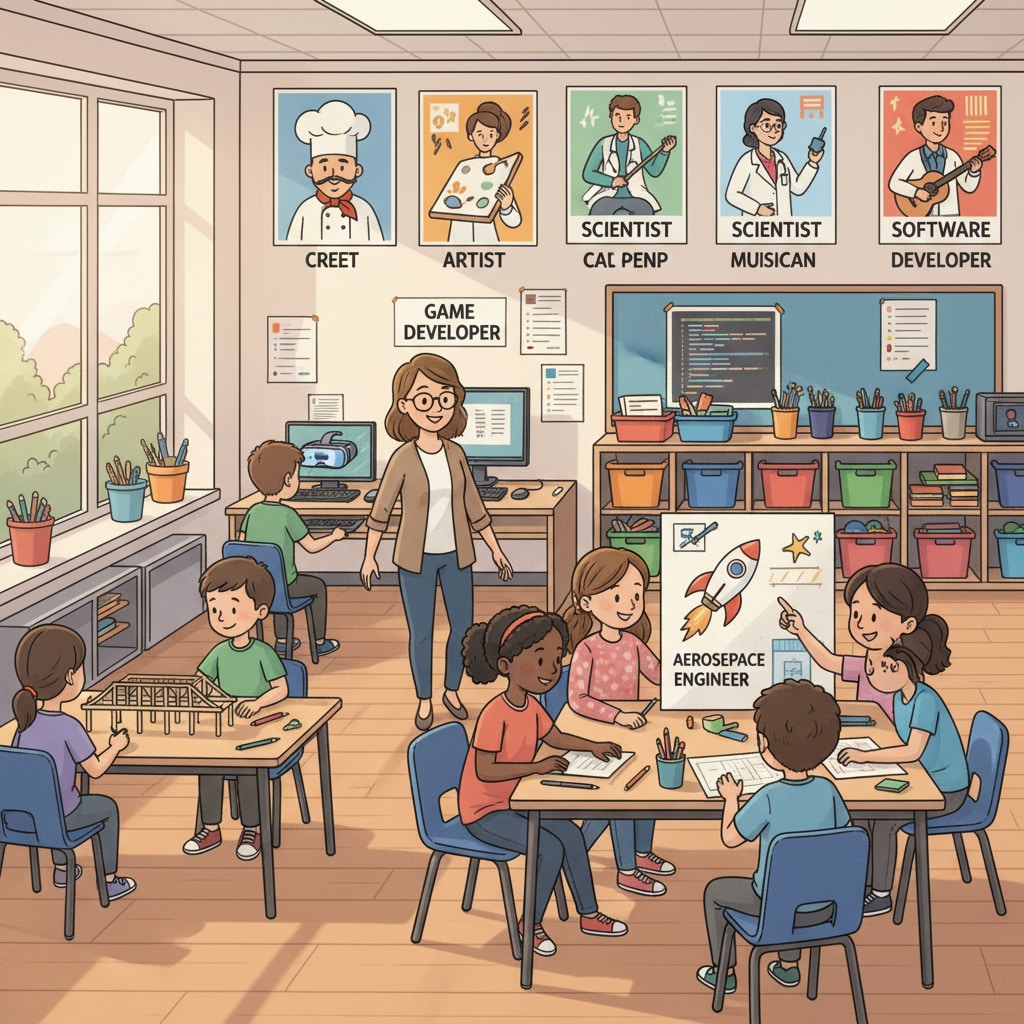Dream jobs, career planning, and employment dilemmas are topics that often concern students, especially those in the K12 stage. As children grow, they start to have ideas about their dream jobs. However, the reality of the employment market can sometimes pose challenges to these dreams. In this article, we will discuss how to help students in the K12 stage build a rational career planning path.
The Gap Between Dream Jobs and Reality
Many children in the K12 stage have fascinating ideas about their future careers. They might dream of becoming astronauts, famous artists, or world-class athletes. These dream jobs often stem from their interests and the influence of the media or role models. For example, a child who loves space exploration after watching a documentary might aspire to be an astronaut. Career choice on Wikipedia However, the reality is that the job market has its own demands. Some careers might be highly competitive, while others might face rapid changes due to technological advancements.

The Importance of Early Career Planning in K12
Starting career planning early in the K12 stage is crucial. It allows students to have a better understanding of themselves, their interests, and their abilities. By exploring different career options at a young age, they can gradually narrow down their choices. For instance, schools can organize career exploration activities, such as inviting professionals from various fields to give talks. This helps students get a real sense of what different jobs entail. Career counseling on Britannica Moreover, early career planning can also help students develop the necessary skills and knowledge for their future careers.

To effectively help students in the K12 stage with career planning, schools and families need to work together. Schools can provide formal career education courses, while families can offer practical support and guidance at home. For example, parents can encourage their children to participate in extracurricular activities related to their interests. This collaborative approach can better prepare students for the challenges of the future employment market and bridge the gap between their dream jobs and reality.
Readability guidance: In this article, we have discussed the gap between dream jobs and reality, the importance of early career planning in K12, and the need for school-family collaboration. By addressing these aspects, we hope to help students in the K12 stage lay a solid foundation for their future careers, thus alleviating potential employment dilemmas.


